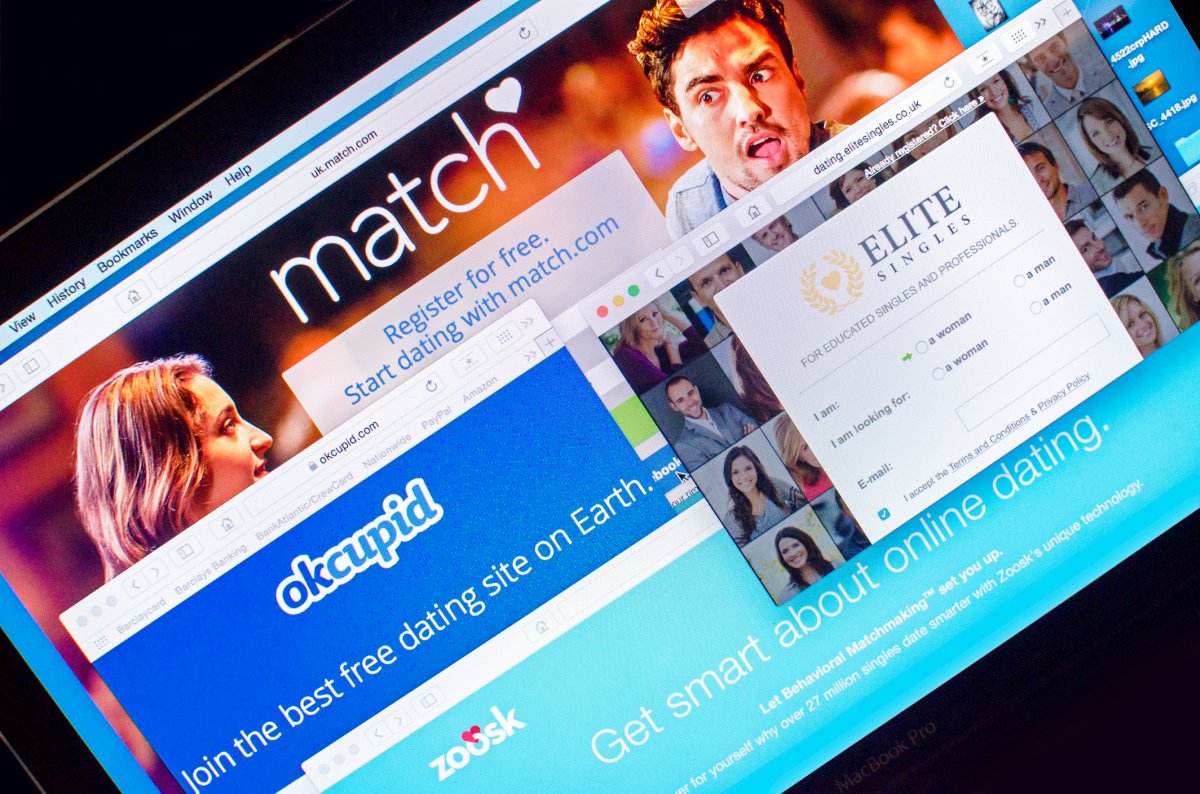With Valentine’s Day just over the horizon, the Better Business Bureau is reminding those looking to make a romantic connection online to be vigilant for romance scams.

While online dating and social media has made it easier to meet new friends and partners, it’s also made it easier for scammers to try and bilk people out of their money, said Ashley Casselman, communications manager for the Western Ontario BBB.
“People use fake profiles to lure in their victims,” she said. “They try to get them to trust them and then they will try and get money and personal information from their victims.”
Statistics released last year by the Canadian Anti-Fraud Centre found 672 victims lost a total of $16.9 million to romance scams in 2015 alone, up from $14 million the previous year. According to a CAFC senior fraud specialist, the number of scammers using dating sites has risen from hundreds to tens of thousands.
“I’ve heard of people losing tens of thousands of dollars, so usually, when they do fall for it, they fall hard for it and they just keep on sending that money to the scammer,” Casselman said, adding that although the scam takes place year round, people may be more susceptible around holidays.
“People are a little more lonely or vulnerable,” she said.
Con artists will sometimes wait a few months before they proposition the victim for money to build up trust. The scammer may ask the victim to invest in their overseas business or say they need the money to buy airline tickets or to give to a loved one in financial need.
- Cars torched, explosions heard in suspected arson in Montreal neighbourhood
- Gas station clerk stabbed several times during violent attack at Ultramar in Montreal
- Man acquitted in Tina Fontaine murder found dead, says her aunt
- Canadians should expect politicians to support right to bail, Virani’s office says
“Those are big, huge red flags that you want to look out for. You should never send money to someone you’ve never met before,” Casselman said.
“They always have an excuse to postpone a meeting, they’re never available to meet you in person, (or) they’re always travelling or they happen to be working overseas.”
Another red flag is if the other person only has one photo on their profile or a photo that doesn’t match their details. A reverse image search using Google Images or Tineye may reveal whether the image has been used on other websites or if it’s a fake.
Casselman said if you think you have been scammed, you can report it at bbb.org/scamtracker or at the Canadian Anti-Fraud Centre.
With files from Jess Brady








Comments